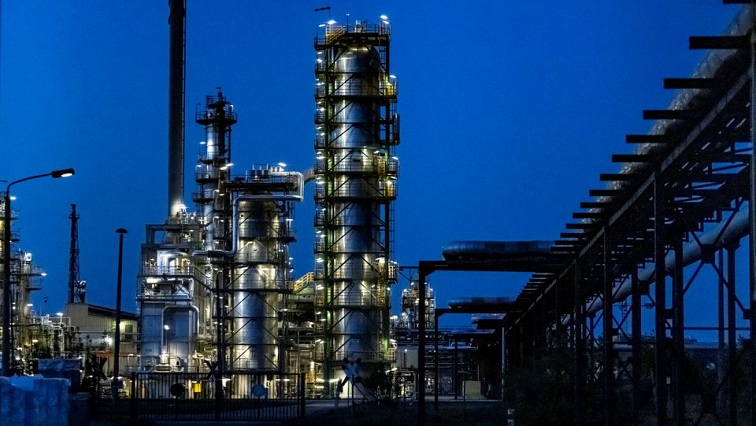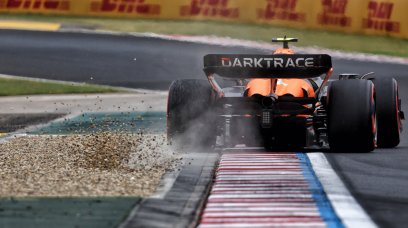The governments of European Union countries failed to agree on Wednesday at what level to limit the prices of Russian offshore oil under the scheme of the Great Seven countries (G7) and will resume negotiations on Thursday evening or on Friday, EU diplomats said.
Earlier on Thursday, representatives of the 27 EU governments met in Brussels to discuss a G7 proposal to set a price ceiling in the range of $65-$70 per barrel, but that level proved too low for some and too high for others.
“There are still discrepancies on the level of the price cap. We need to act bilaterally,” said one EU diplomat.
“The next meeting of the ambassadors of the European Union countries will take place either tomorrow evening or on Friday,” said the diplomat.
The G7, including the United States, as well as the entire European Union and Australia, is scheduled to impose a price cap on seaborne exports of Russian oil on December 5.
The move is part of sanctions aimed at cutting Moscow’s revenue from oil exports so that it has less money to finance its invasion of Ukraine. But the controversial issue is the level of the price limit – Poland, Lithuania and Estonia believe that 65-70 dollars per barrel will bring too high a profit for Russia, since the production cost is about 20 dollars per barrel.
Cyprus, Greece and Malta – countries with large shipping industries that stand to lose the most if Russian oil shipments are hampered – say the limit is too low and are demanding compensation for lost business or more time to adapt.
“Poland says that it cannot rise above 30 dollars per barrel. Cyprus demands compensation. Greece wants more time. That won’t happen tonight,” said the second diplomat.
About 70%-85% of Russian crude oil exports are transported by tankers, not pipelines.
The idea behind the price cap is to bar shipping, insurance and reinsurance companies from handling shipments of Russian crude around the world unless it is sold at a price set by the G7 and its allies.
Since the world’s major transport and insurance firms are based in the G7 countries, the price cap will make it harder for Moscow to sell its oil – its biggest export, which accounts for about 10% of global supplies – at a higher price.
At the same time, since the cost of production is estimated at about $20 per barrel, the restriction will still make it profitable for Russia to sell its oil and thus prevent a supply shortage on the world market.
Russian oil of the Urals brand is traded in the discussed range of about 68 dollars per barrel.
EU diplomats said most EU countries, including G7 members France and Germany, which are taking the initiative, support the price cap, with concerns only about enforcement.







